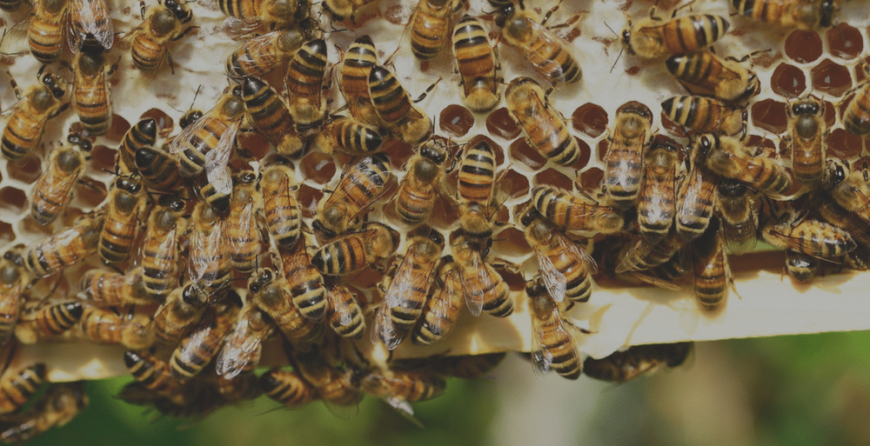
If you enjoy working on your yard, your search for things to do and how to utilize the space you have may be endless until you finally settle on the right activity. Beekeeping is a long forgotten activity that is not only fulfilling but also rewarding if implemented right. But how do you keep bees in the backyard your kids use frequently? How do you ensure safety? And above all, how do you get started? These are just some of the questions many people thinking of starting organic backyard hives try to decipher. Well, here is a guideline to help you roll out organic bee farming.
Select the ideal location
Bee hives are delicate, and slight mistake such as hitting them with a ball can be detrimental. This means they cannot be placed just anywhere. There are numerous factors to consider such as the size of your backyard, the activities that take place in the backyard, and whether bees can adapt to the area. Ensure that there is enough shade to prevent the hive from overheating, the location should have a source of water for the bees and trees that can protect the hives from wind damage especially during winter. The hives entrance should be positioned to face southeast or the morning sun. Also, ensure that the bees have enough organic nectar forage such as flowering trees, clover, and buckwheat preferably within your garden.
Respect the bees and don’t fear them
As a new beekeeper, it is likely that you will fear the bees; a swarm of bees can be deadly. But, as your grow and learn the art of beekeeping, you will understand how to handle bees with care and without fear. However, you should always have protective gloves and a veil on especially during the initial stages. But, as you progress, you learn to differentiate from the aggressive colonies that you cannot approach without protection and the calm ones that you can approach without protection. Take your time, be gentle and avoid provoking bees with things like perfumes when approaching the hives.
Do not order bees through the mail
Just like your organic crops, it is important to know the source of your bees. Mail bees are usually unhealthy because they are mass produced and exposed to harsh chemicals during the production. Moreover, you receive a bunch of bees with a queen who does not know her workers. As such, it becomes hard for the bees to work together and form a beneficial colony. It is advisable to source your bees from local organic beekeepers.
Do not expect to harvest honey with the first two years
Bees feed on honey to grow and gain strength. So, if you want to be a long-term bee farmer, do not harvest honey within the first two years. Allow the bees to enjoy the honey without distraction, and they will grow in numbers and become stronger. Start harvesting minimally during the third year leaving enough honey for the bees to feed on especially during cold winter months.
Avoid pesticides
Always remember that you are practicing organic bee farming. Whether your bees are attacked by wax moths or mites, there is no room for chemical pesticides. Start by building a large colony from the beginning, and it will deal with such problems.
Bottom line
Beekeeping is a refreshingly rewarding venture, especially to nature enthusiasts. But, to get things right, seek advice from a local organic beekeeper who understands how bees behave and survive during different environmental and climatic conditions within your area. You also get to learn about mites that may attack your colony and how to eliminate them organically.


